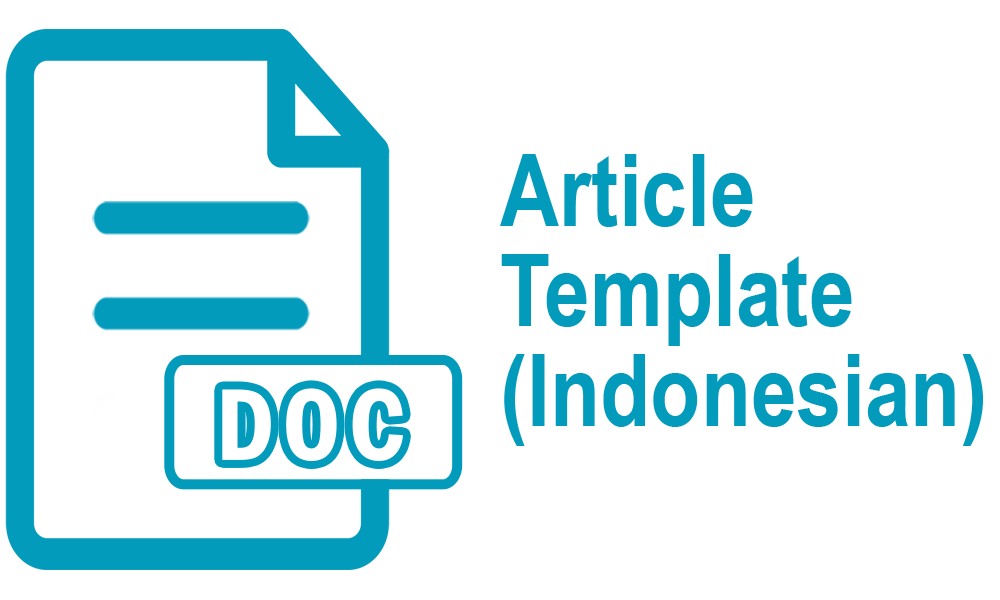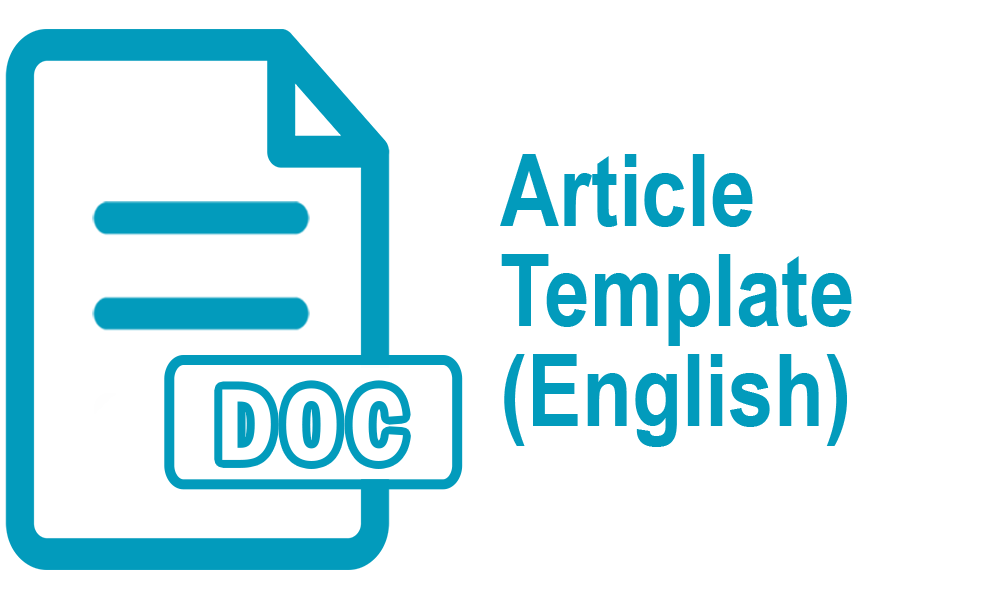PRESUPPOSITION ANALYSIS IN HOTEL TRANSYLVANIA MOVIE
Abstract
This research aims to examine the presupposition of the utterances by Yule’s pragmatic theory in Hotel Transylvania movie. This research is to find out the language function represented by the main characters in Hotel Transylvania by using Searle’s illocutionary acts theory. Thus, it used a descriptive qualitative method to examine character’s conversations by analyzing the context of the events in the story as well as how the characters deal with each event around. As a result, the researcher found all six types of presuppositions, consisting of existential presupposition, factive presupposition, lexical presupposition, structural presupposition, non-factive presupposition, and counter-factual presupposition. As well as five types of language functions of characters’ utterances such as assertives, directives, commisives, expressives, and declaratives. The researcher revealed the most frequently presupposition used in this research is lexical presupposition with assertives as the prominent language function used. The researcher concluded that conversations depicted through characters could be successful if each character understands the context of the utterances delivered and has a shared knowledge between them.
Keywords
Full Text:
PDF (Bahasa Inggris)References
Denscombe, Martyn. The Good Research Guide: for small-scale social research projects 4th Edition. New York: Open University Press, 2010.
Creswell, John C. Educational Research. Boston: Pearson Education, 2012.
Leech, Geoffrey. Principles of Pragmatics. New York: Longman Inc, 1983.
Levinson, Stephen C. Pragmatics. New York: Cambridge University Press, 2008.
Miles, Matthew B. Huberman, A. Michael. Sardana, Johnny. Qualitative Data
Analysis: A Method Source Book. 3rd Ed. London: Sage Publication, 2013.
Searle, John in Levinson. Pragmatics. New York: Cambridge University Press,
Yule, George. Pragmatics. Oxford: Oxford University Press, 1996.
DOI: http://dx.doi.org/10.30872/jbssb.v6i1.7825
Refbacks
- There are currently no refbacks.
Copyright (c) 2022 Rike Wulandari, Ririn Setyowati, Alamsyah Alamsyah
Editorial address:
Fakultas Ilmu Budaya, Universitas Mulawarman
Jl. Ki Hajar Dewantara, Gunung Kelua, Kec. Samarinda Ulu, Kota Samarinda, Kalimantan Timur, Indonesia 75123
Email: jurnalilmubudaya.fibunmul@gmail.com
Website: http://e-journals.unmul.ac.id/index.php/JBSSB
Ilmu Budaya: Jurnal Bahasa, Sastra, Seni, dan Budaya is licensed under a Creative Commons Attribution-ShareAlike 4.0 International License






